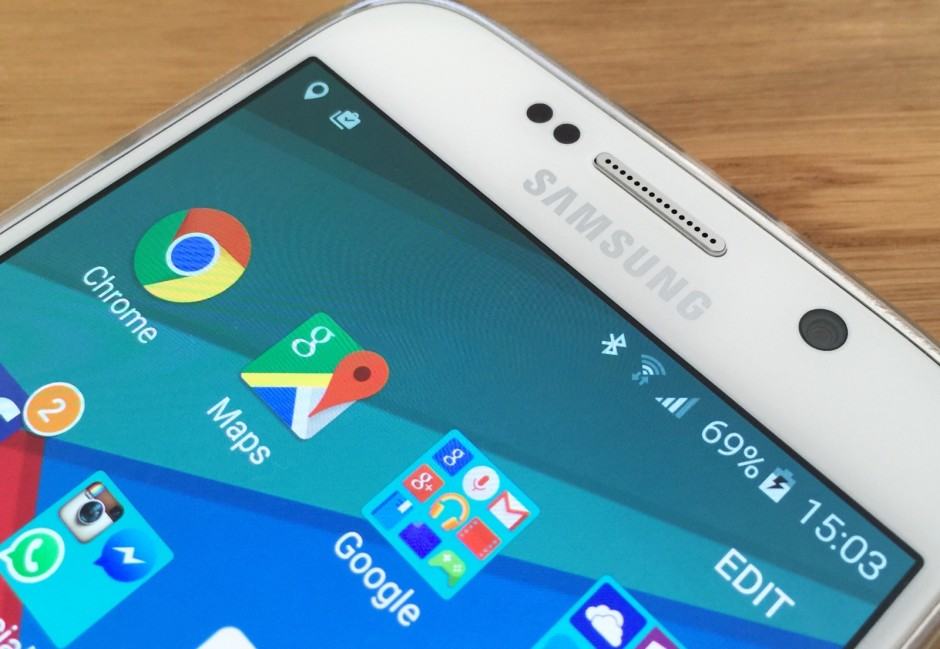EU launches formal antitrust investigation into Android

Google apps are pre-installed on the Galaxy S6. Photo: Killian Bell/Cult of Android
After years of examining the Android operating system, the European Commission has launched a formal antitrust investigation into claims that Google unfairly forces competitors into bundling its own apps on their devices.
“The investigation will focus on whether Google has entered into anti-competitive agreements or abused a possible dominant position in the field of operating systems, applications and services for smart mobile devices,” the Commission confirmed.
The announcement comes after telecoms companies and Android hardware makers complained that Google had an unfair advantage by forcing partners to install apps like Maps, Chrome, YouTube, and Gmail — which all come pre-installed on Android devices.
The Verge reports that the investigation will focus on three key areas, one of which is whether Google hindered the development and market access of rival Android apps and services by forcing the pre-installation of its own.
The investigation will also examine whether Google prevented hardware makers from creating modified versions of Android that run Google apps and services. It will also look at whether Google is bundling its apps and services on Android with other Google apps, services, and APIs.
Google has already responded to the commission with a post on its Europe Blog, which argues “Android has helped create more choice and innovation on mobile than ever before,” and insists that app distribution agreements provide a good “out of the box” experience.
“We are thankful for Android’s success and we understand that with success comes scrutiny. But it’s not just Google that has benefited from Android’s success,” writes Hiroshi Lockheimer, VP of Android Engineering. “The Android model has let manufacturers compete on their unique innovations.”
“Developers can reach huge audiences and build strong businesses. And consumers now have unprecedented choice at ever-lower prices,” the post continues. “We look forward to discussing these issues in more detail with the European Commission over the months ahead.”
Lockheimer also points out that there are fewer Google apps pre-installed on Android-powered smartphones and tablets than there are Apple apps pre-installed on iOS devices.


